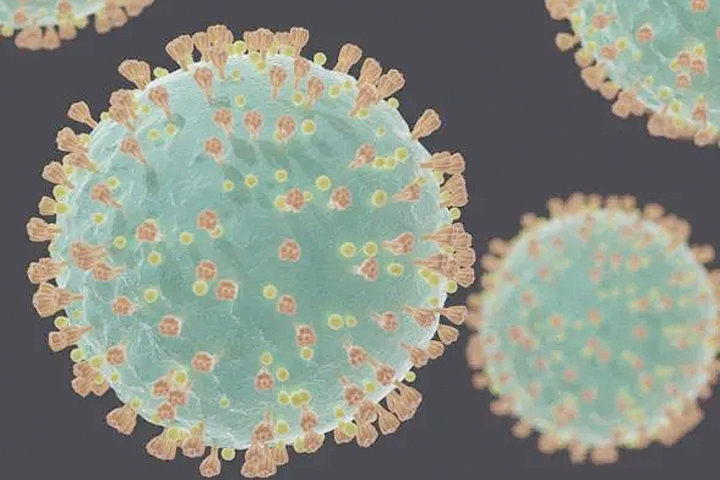COVID-19—An Update

It’s tough to keep up with the latest COVID-19 information, so we have put together this quick brief outlining the state-of-play in prevention, treatment, and guidance relating to the novel coronavirus.
State-, county-, and city-specific information is always available to individuals through their state and local health departments. Four months into the pandemic, the message for cancer patients remains the same: be vigilant about social distancing and hygiene, among other precautions relative to your specific situation and as advised by your medical team.
To date, the only way to help prevent COVID-19 spread in the community is through social distancing, hygiene, and the wearing of masks or fabric face coverings. At least 30 states (as of this writing) have mask mandates in place for indoor public spaces and outdoor locations where social distancing is not possible. In addition, many major retail chains are requiring masks in their stores, including Walmart, Target, CVS, Walgreens, Home Depot, and Lowe’s.
Treatment
To date, there are no medications recommended to treat COVID-19. But researchers are testing a variety of possible drugs. For example, the FDA has granted emergency use authorization for the antiviral drug remdesivir to treat severe COVID-19. And the NIH has recommended corticosteroid dexamethasone for people with severe COVID-19 who require supplemental oxygen or mechanical ventilation. Scientists and physicians are testing whether existing medications for other illnesses can be repurposed to treat the virus.
One unique treatment being used with hospitalized patients is prone positioning—putting COVID-19 patients on their stomachs. This opens up the lungs, and is being used to help hospitalized patients breathe.
Treatment still focuses on supportive care, which means relieving symptoms. That supportive care can include pain relievers, cough medication, fluids, and rest. In mild cases, home recovery is generally recommended along with stringent monitoring, isolation as much as possible and wearing of a face covering when necessary to avoid spreading the disease. Hospitalization is required in severe cases.
Prevention
There are more than 150 vaccines being developed across the globe. Several of these vaccines have already entered clinical trials. For example, the first American company to put a vaccine into human trials is Moderna. Their vaccine uses mRNA (messenger RNA) to produce viral proteins. Very promising phase I trial results were reported on July 14. According to the company, phase III trials are set to begin at the end of July. BioNTech has entered into collaborations with Pfizer and Fosun Pharma to develop their mRNA vaccine, which was given fast track status on July 13. Participants in their phase I/II trial produced antibodies against COVID-19. Phase III trials are expected to start in July.
The U.S. government is engaged in Operation Warp Speed. Its goal is to deliver 300 million doses of a safe, effective vaccine for COVID-19 by January 2021. If you are interested in learning more about vaccine development, the Regulatory Affairs Professionals Society provides a vaccine tracker, as does the Milken Institute, among others.
Immunity
The hope was that if someone was infected with COVID-19 they would produce antibodies that would protect them from future infection. However, according to some preliminary research (not yet peer-reviewed), virus immunity may last only a few months. However, further preliminary research suggests that although antibody levels drop initially, they level off and are stable for at least three months. Epidemiologists are also looking at T cell response as a marker of immunity. More research is needed.
Travel Restrictions
As of this writing, U.S. citizens will not be allowed to enter European Union countries because of increasing COVID-19 cases. Nonessential travel between the U.S., Canada, and Mexico is expected to remain blocked until at least late August. In the U.S., many states with fewer COVID-19 cases are asking travelers from states with more cases to self-quarantine for 14 days. These restrictions change frequently.
How to Keep Up with Information
The U.S. has moved to a kind of state-by-state, county-by-county approach to managing spread. Your state officials, state health department, and local health department can keep you apprised of what the current recommendations or mandates are in your hometown. Your medical team can further inform you about anything specific you may need to do.
Good sources for COVID-19 information in general remain the Centers for Disease Control and Prevention and the World Health Organization. Major medical centers also offer top-notch information. Johns Hopkins Coronavirus Resource Center offers excellent information from their experts on coronavirus tracking, trends, news, information, and discussions about the novel coronavirus and how you can keep yourself healthy.






